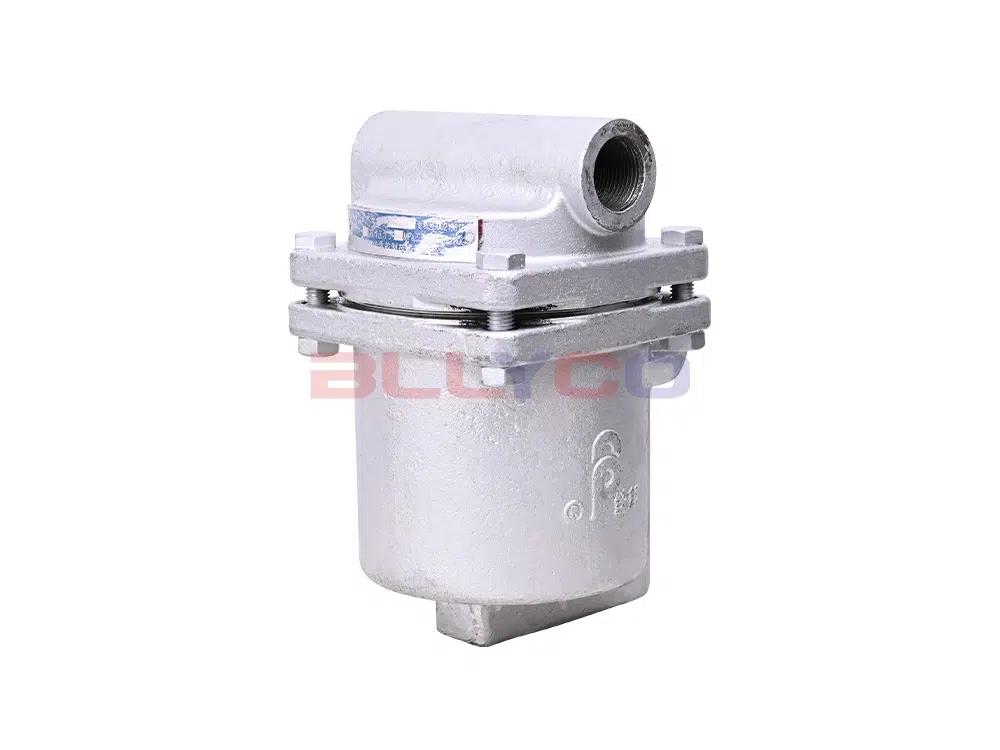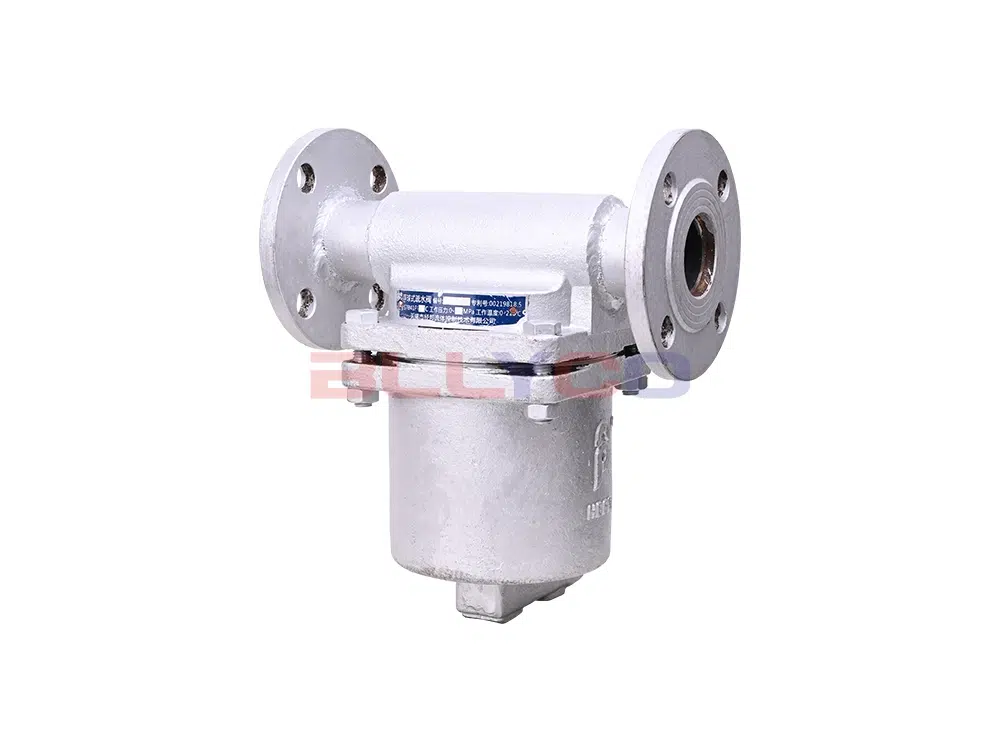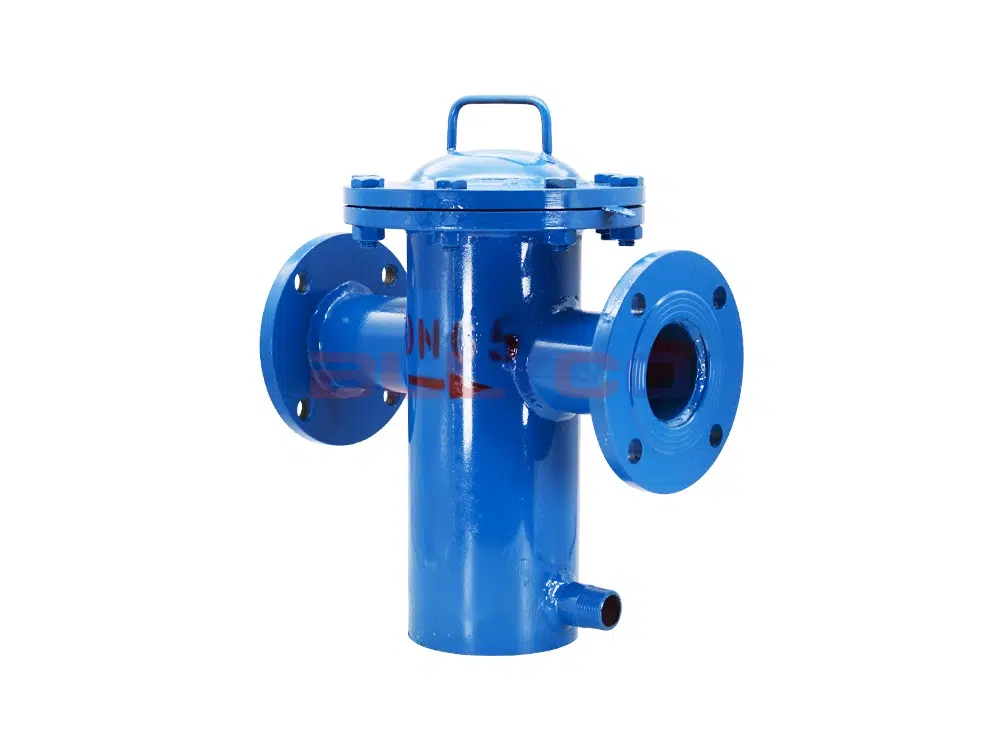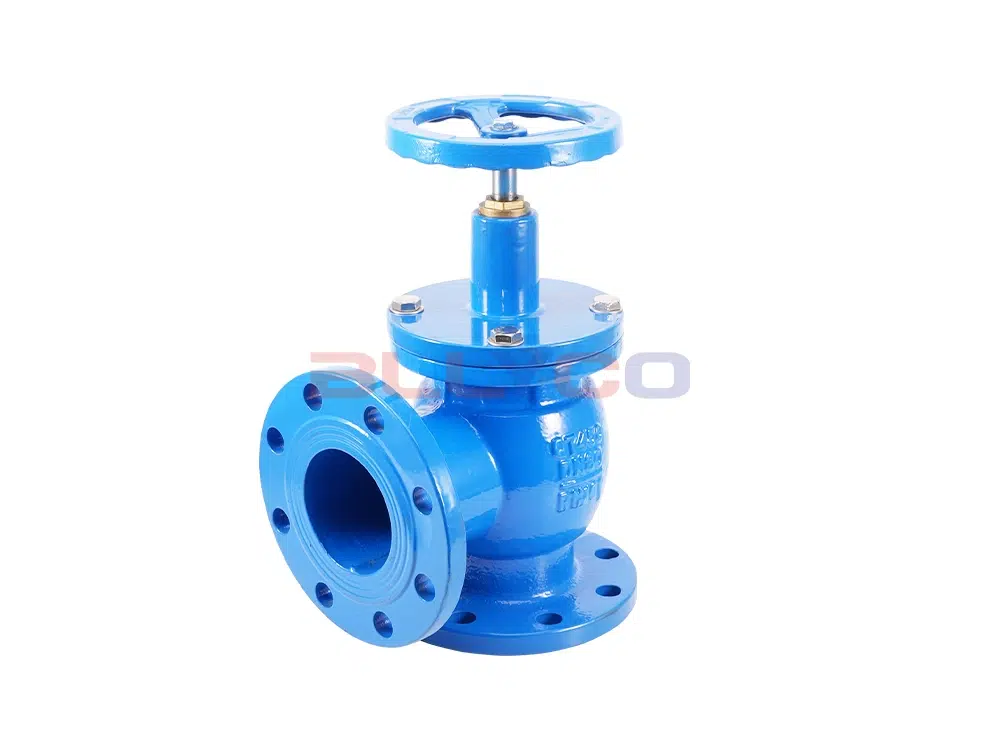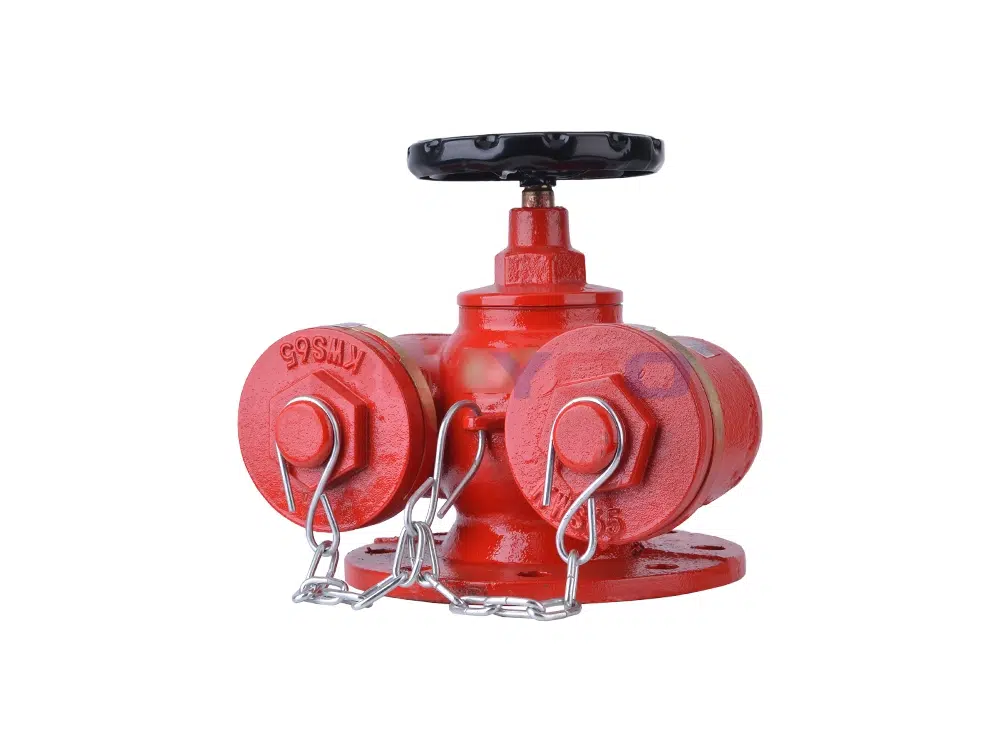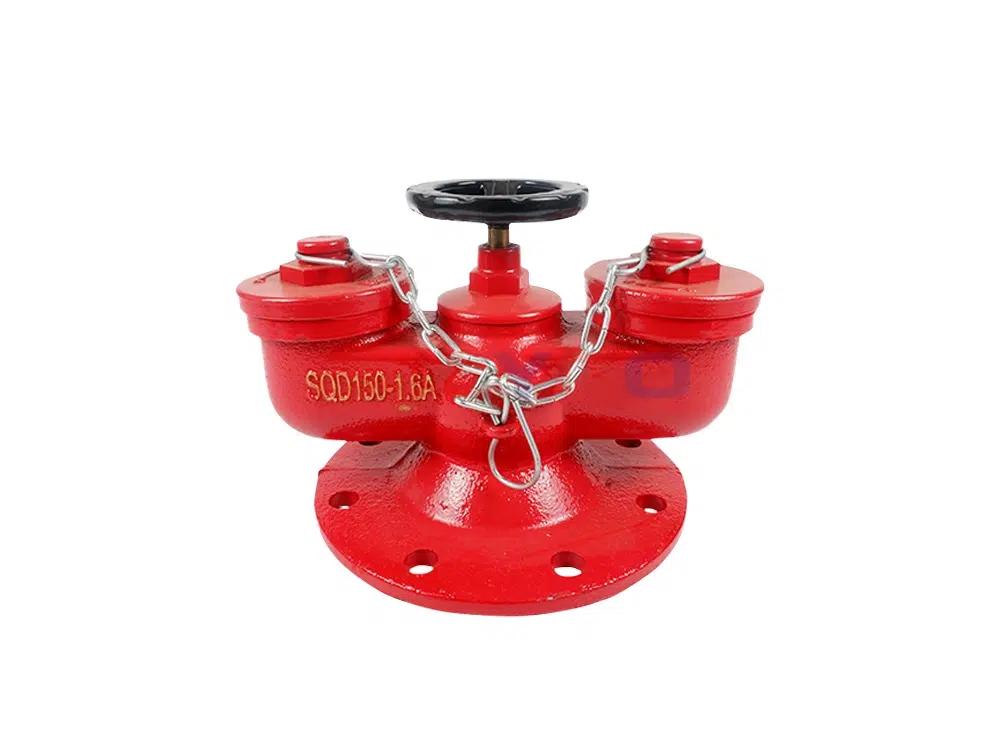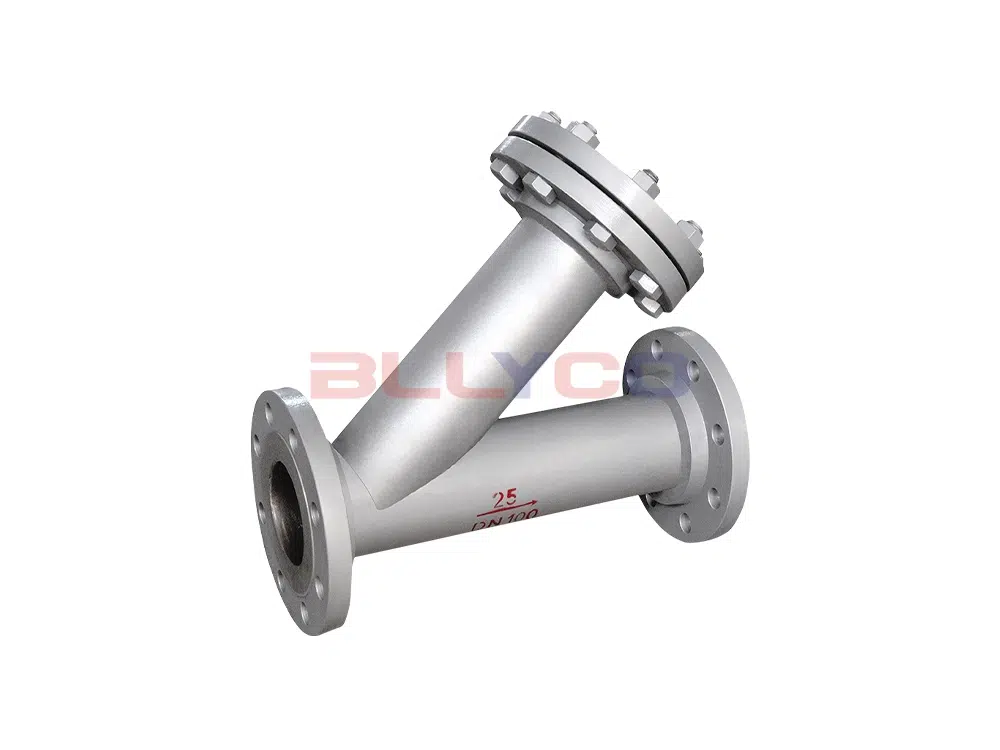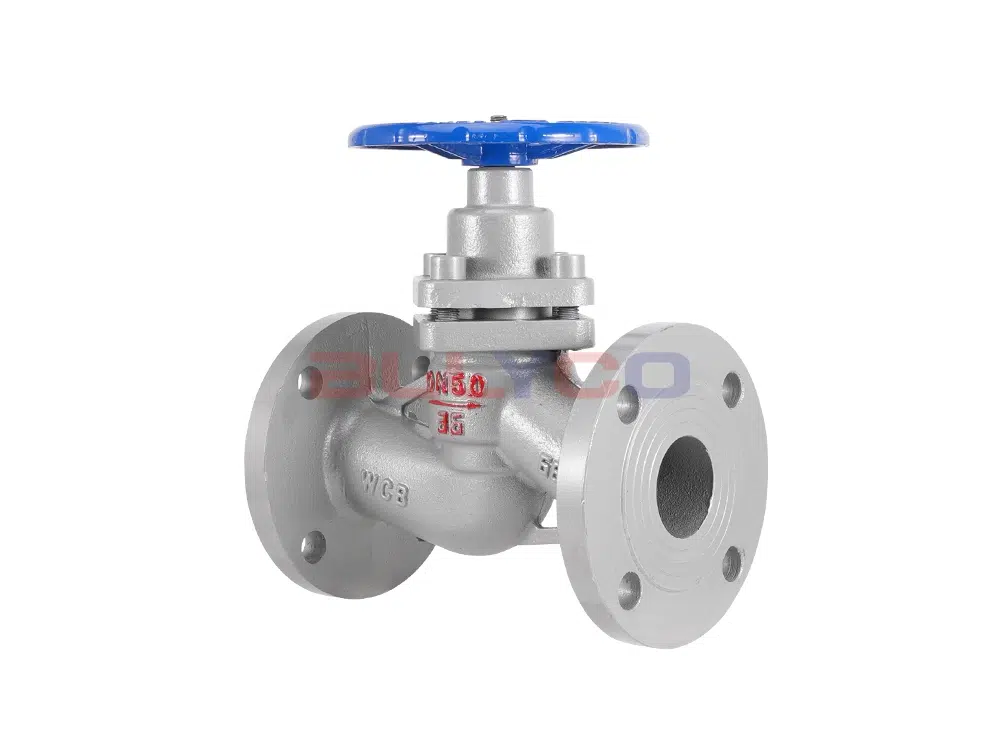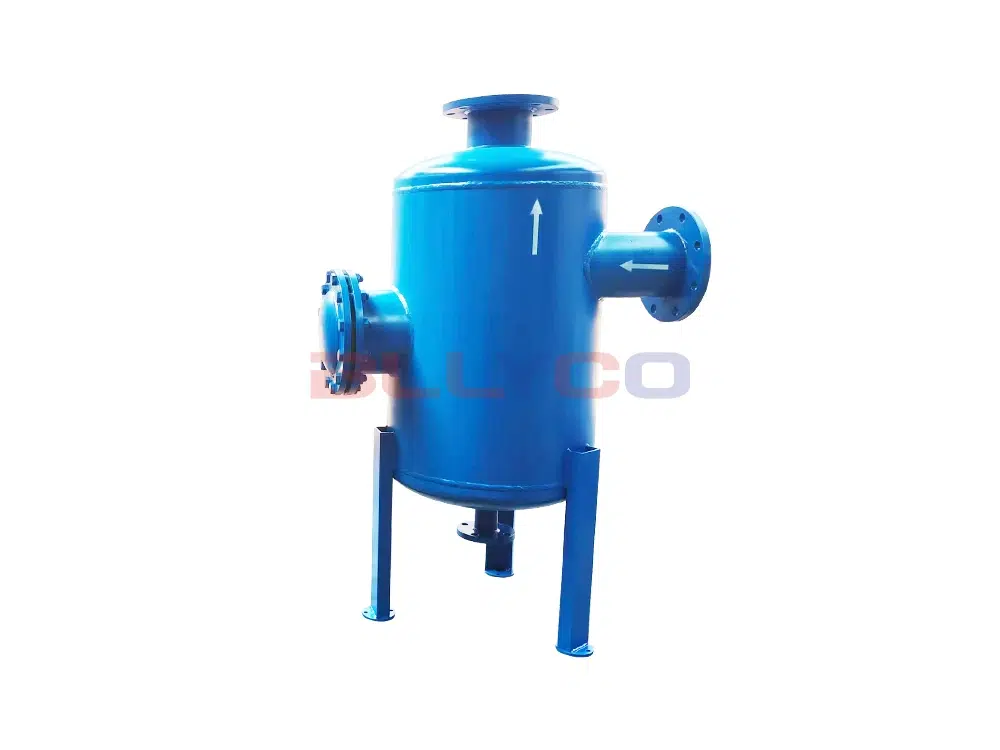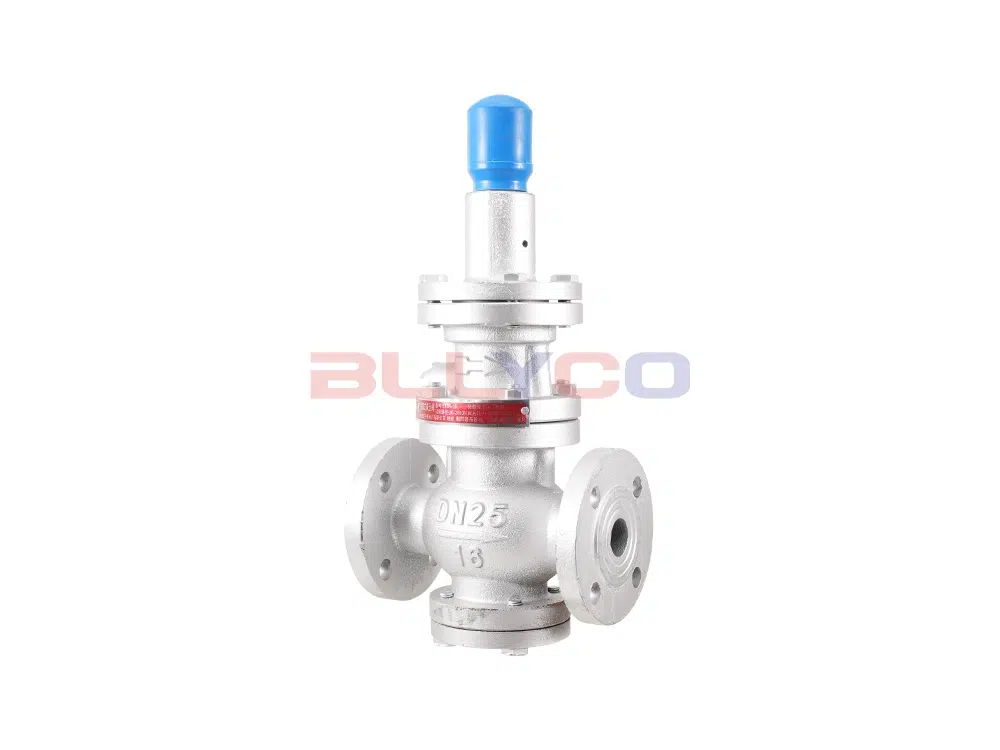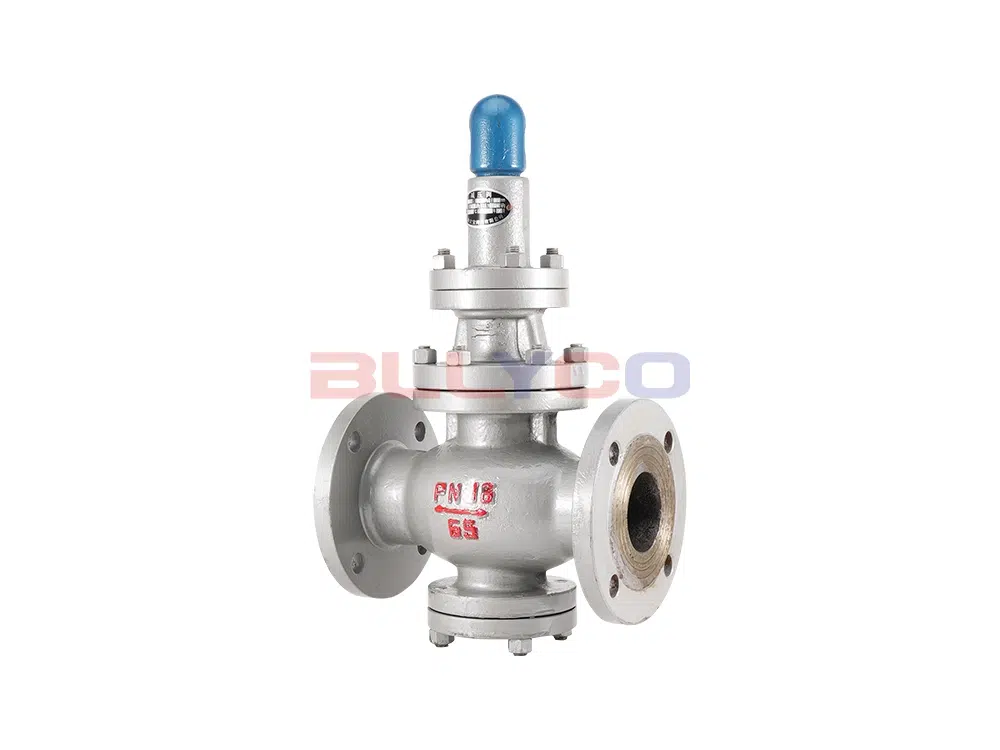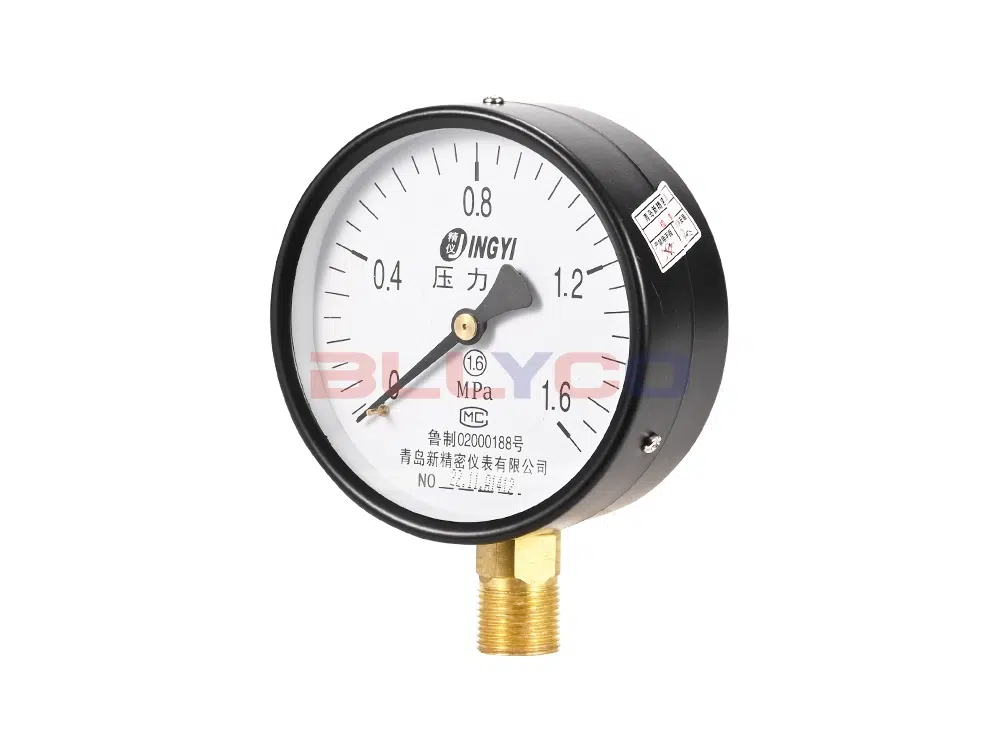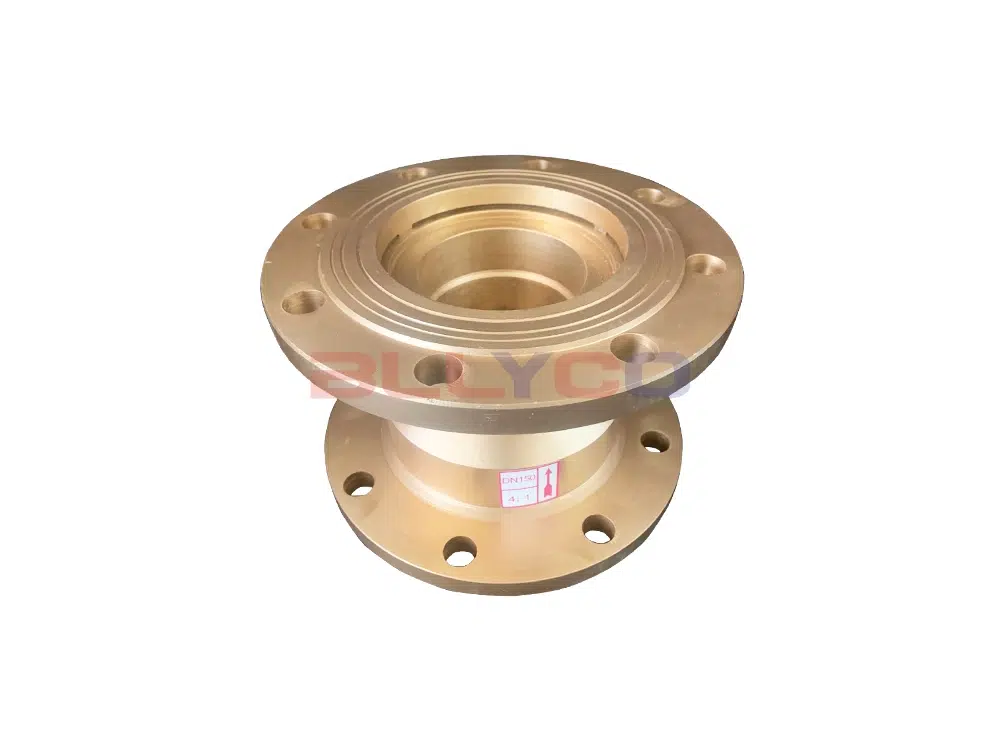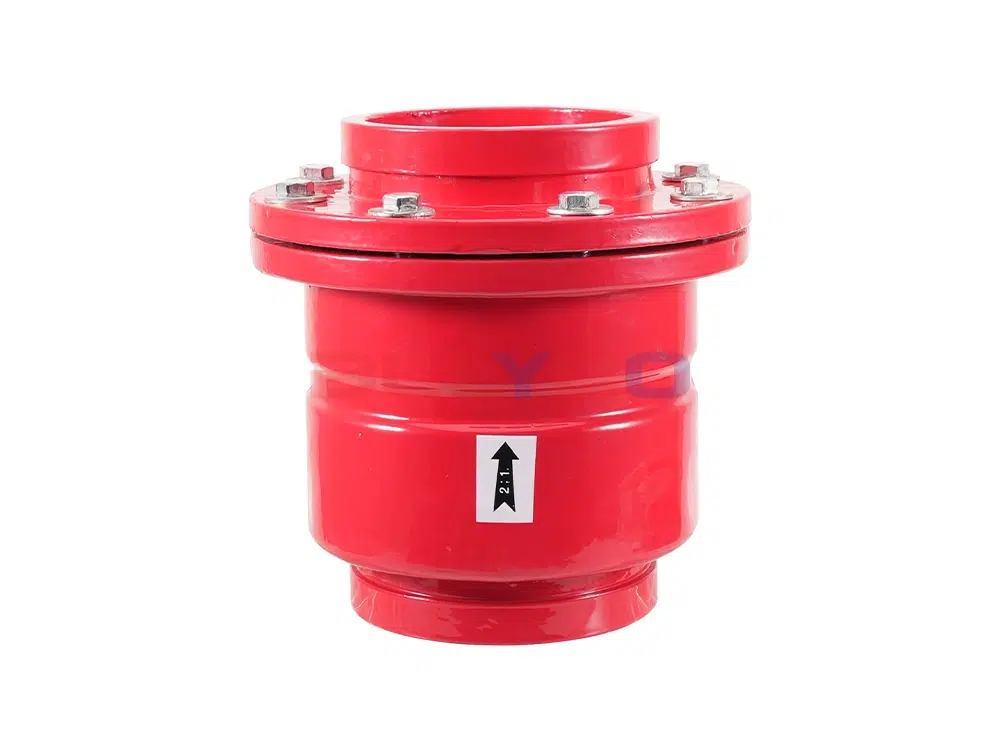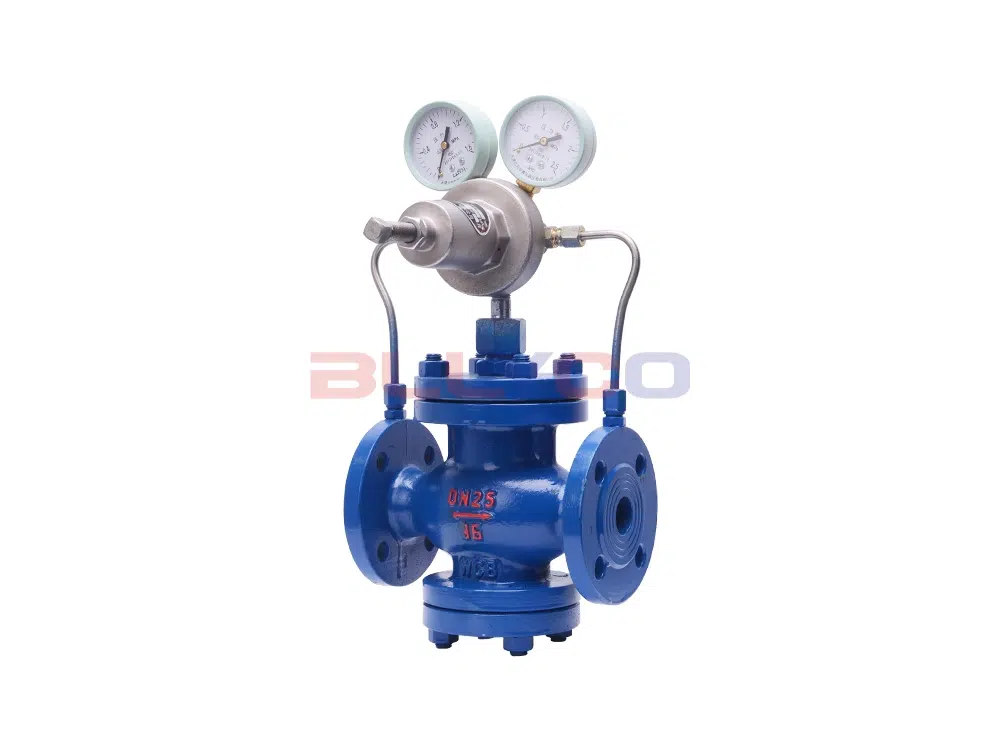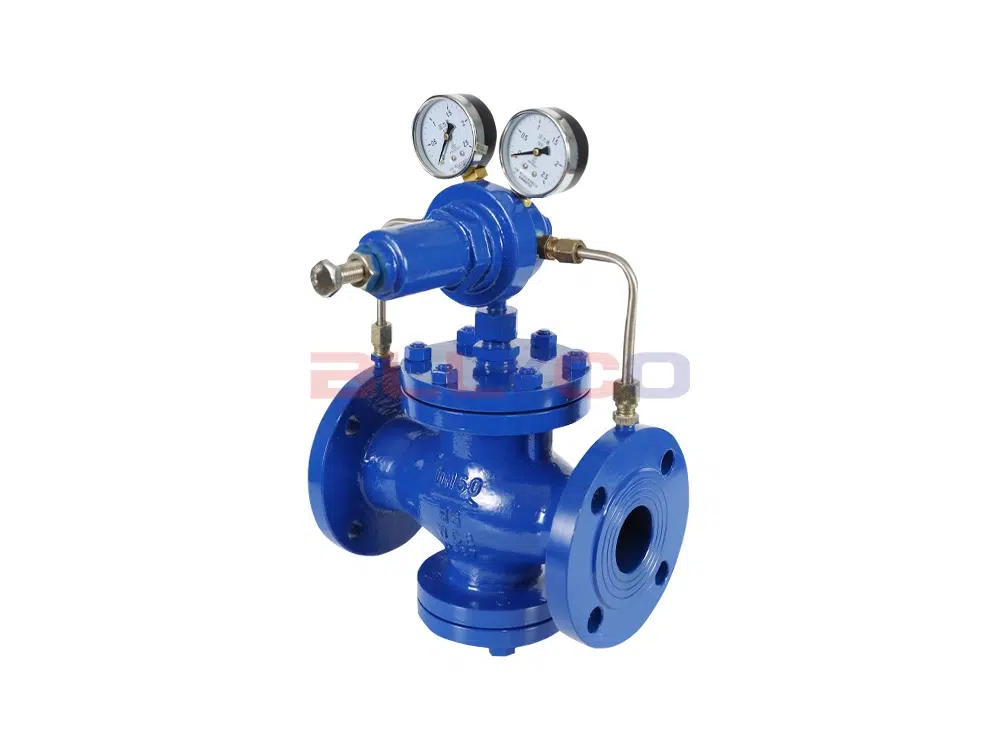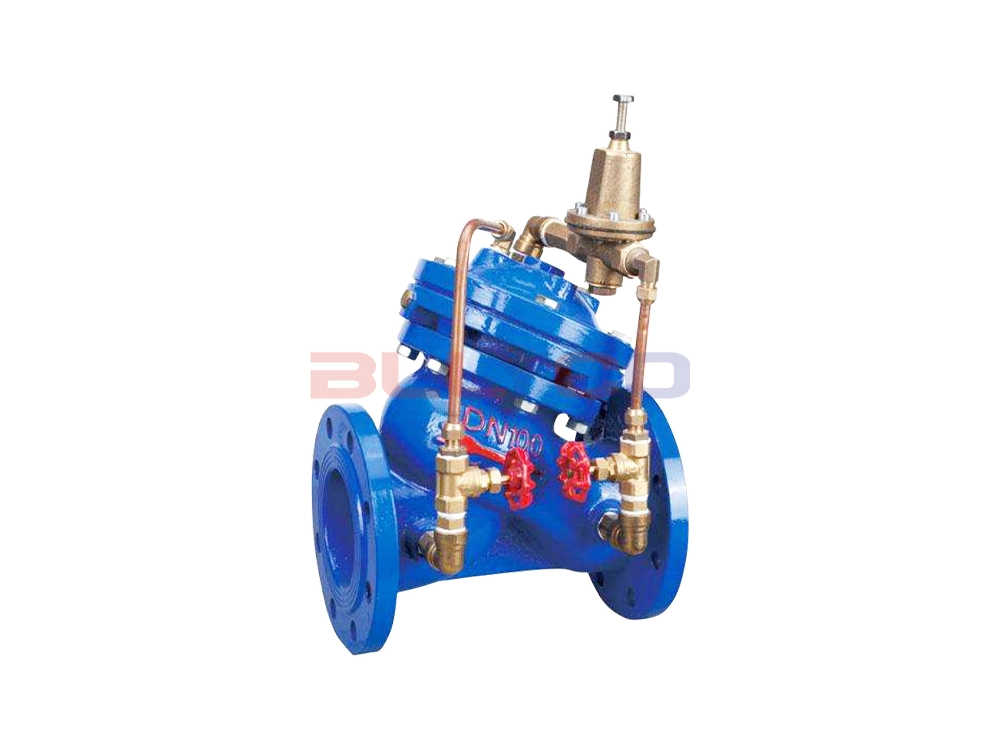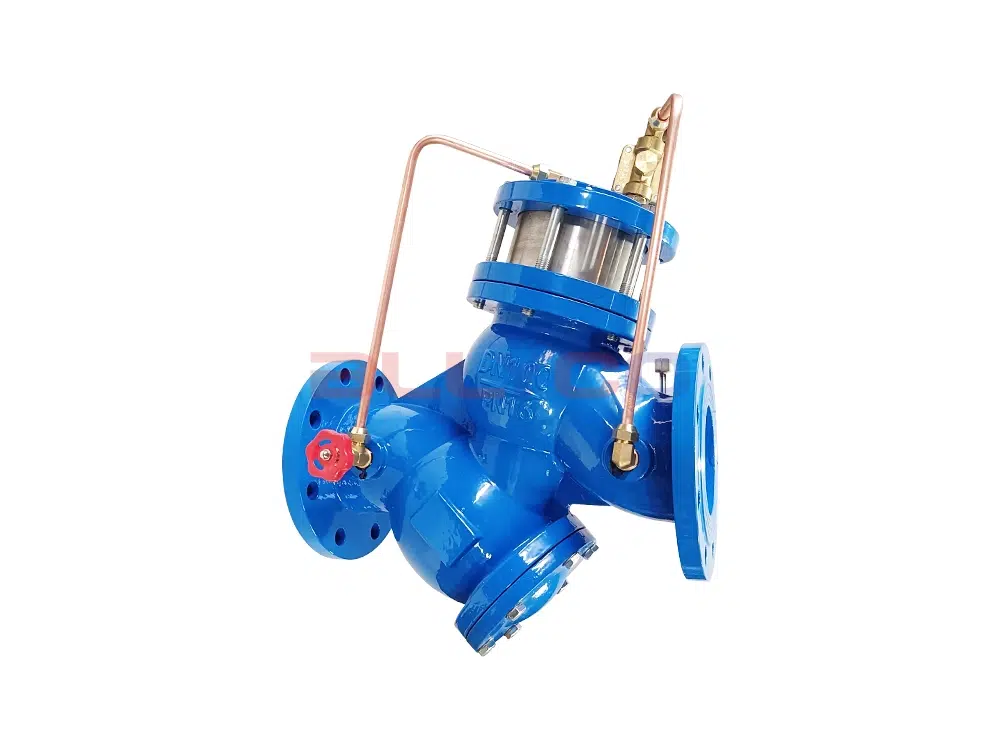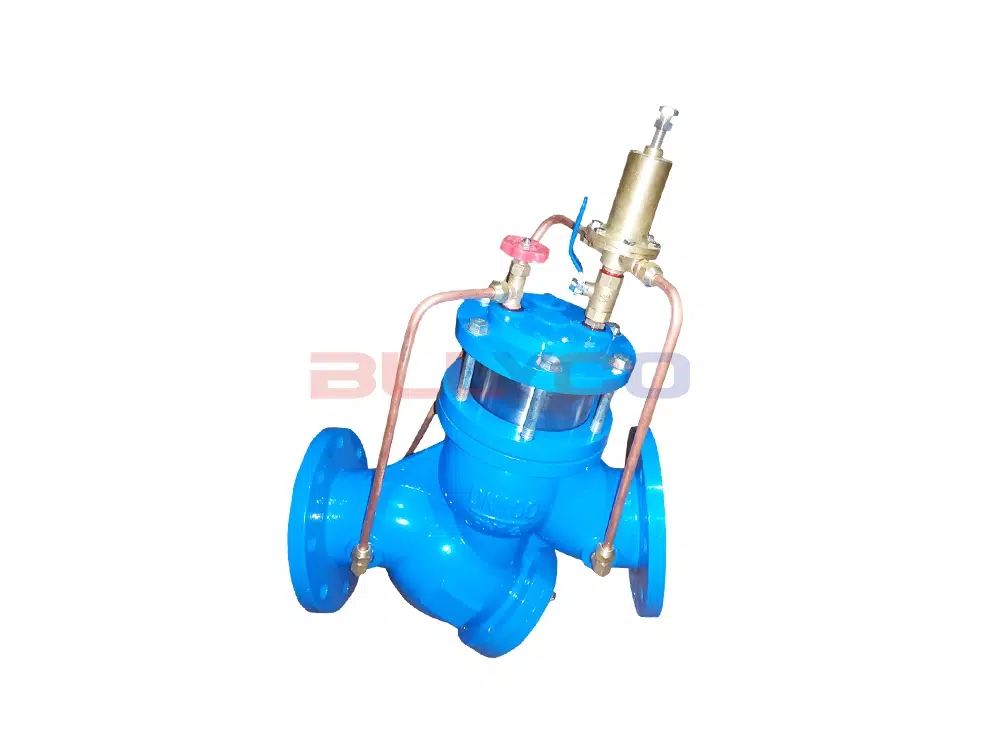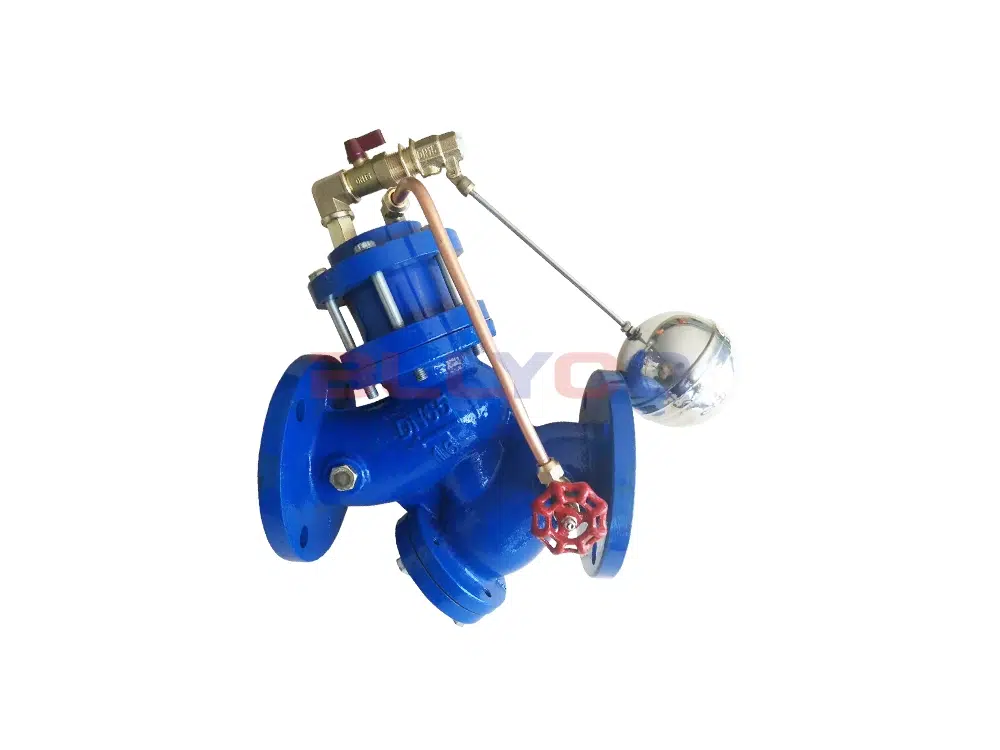Material Selection of Seawater Valves
Date: 2025-07-11 Categories: Valve Knowledge Views: 4960
Excerpt:
This paper discusses the selection of valve materials for seawater environments, emphasizing the critical impact of seawater's strong corrosive properties (containing chlorine ions, salts and microorganisms) on the safety of equipment and smooth processes. Core materials include: stainless steel (such as 316L, high corrosion resistance, strong mechanical strength, suitable for seawater treatment and marine engineering); copper alloy (corrosion resistance and antibacterial, suitable for seawater desalination and ships); plastic (lightweight and low-cost, but weak, suitable for low-pressure, small-diameter valves). When choosing, it is necessary to consider the seawater composition, process requirements and operating environment to ensure stable operation of the equipment.
Table of Contents[Hide]
In the marine engineering, seawater treatment and shipbuilding industries, in the face of the strong corrosiveness of seawater, the choice of which valve material is particularly critical. This not only concerns the safety and stability of the equipment, but also directly affects the smooth flow of the entire process. This article will reveal for you to apply to the seawater environment of the valve material selection.
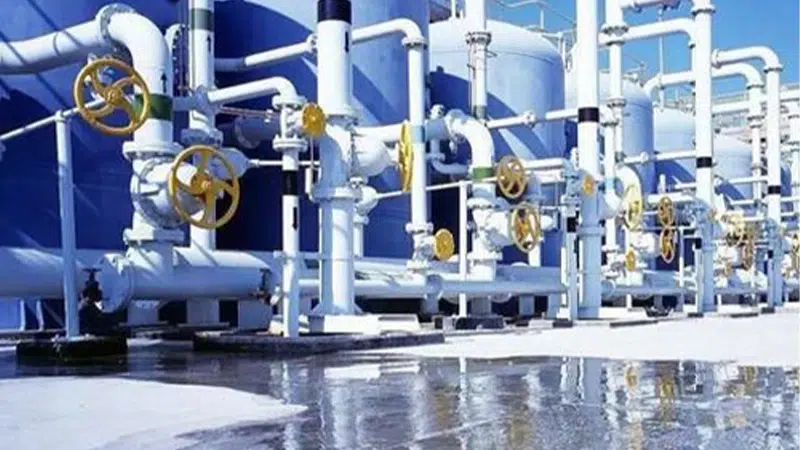
Seawater is rich in chloride ions, many dissolved salts and microorganisms, which pose a corrosive threat to valve materials. In view of this, the selection of valve materials, its corrosion resistance has become an indispensable consideration. At present, the market commonly used in seawater valves are mainly stainless steel, copper alloy and plastic materials.
I. Stainless steel
- Stainless steel is the ideal material for seawater valves due to its superior quality, not only does it have excellent corrosion resistance, but it also has excellent mechanical strength, which ensures continuous and stable operation in seawater environments. In many types of stainless steel, 316L stainless steel because of its higher molybdenum content, showing superior corrosion resistance to seawater, so it is often favored in seawater treatment systems and the manufacture of valves in the field of marine engineering.
II. Copper Alloy
- As a widely used material for marine valves, copper alloys mainly cover two categories: copper-nickel alloys and aluminum bronzes. These alloys, with their excellent corrosion resistance and significant antimicrobial effect, are highly suitable for the production and manufacture of valves in the fields of seawater desalination and shipbuilding.
III. Plastics
- Plastic valves are widely used in many applications due to their corrosion resistance, lightweight properties and cost advantages. Among them, the commonly used plastic materials for seawater valves are mainly polypropylene and polyvinyl chloride, which are suitable for low-pressure and small-diameter seawater valves despite their relatively weak mechanical strength.
Various types of valves are different for different working conditions. Selection of what material of the valve used in seawater environment, it is important to fully consider the composition of seawater, the specific needs of the process and the operating environment and other factors, in order to accurately select the appropriate valve material, so as to protect the safe and stable operation of the equipment.



